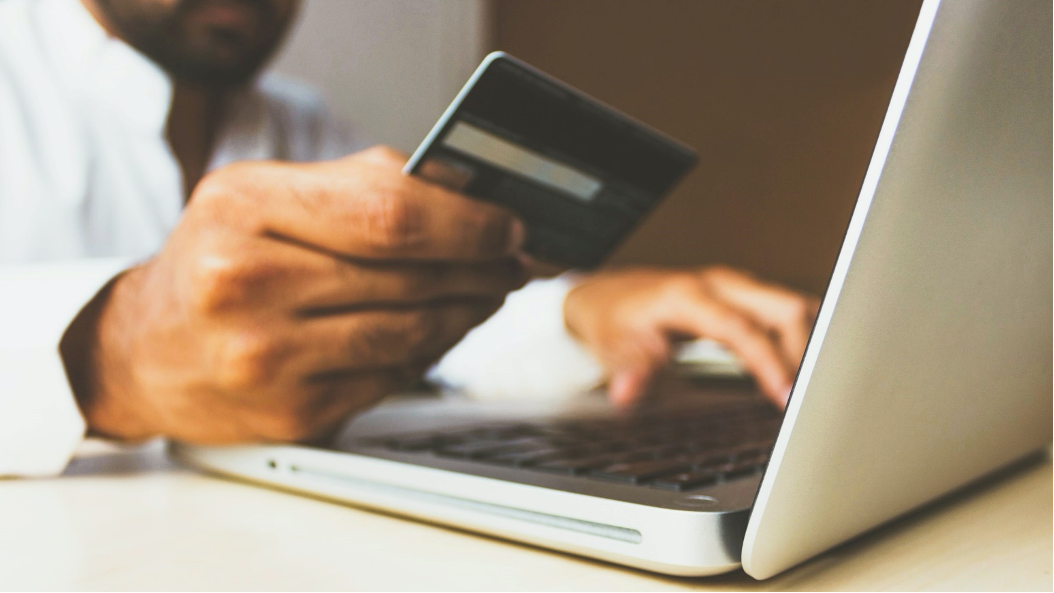Global e-commerce and digital markets were already on the rise before covid-19 hit. As shops and entire markets went into lockdown, shopping online and being part of the digital economy was the only option people had left, even people who don't generally buy online.
These new entrants to the e-commerce environment were also the most vulnerable because they are inexperienced and they are entering the digital trade space at a time when there are thousands of new sellers and online businesses to buy from.
Among the many new online establishments, a lot are on there for the wrong reasons.
These are some of the most important things for both new and experienced consumers to know when buying online.
- Credibility
Whether you are shopping from a website or even if it's a very well-known and well-reputed e-commerce site, you might be purchasing from a new seller. E-commerce sites aren’t the merchants themselves, they are simply portals that connect people who have products/services to sell, with people who are willing to purchase.
Try to intelligently determine a websites' or a sellers' credibility through things like reviews, client history, the amount of trade they have done, and the price that they are selling at.
Sellers with bad intentions will often set a price that is so attractive that potential clients completely forget to look at any credentials. The price is such as lure, that they hit purchase right away only to later regret their decision.
- Fake Sites And Links
When you are browsing the search engine looking for the products you need, you need to watch out for the links that you are following. In many cases, scammers will create fake sites, which look exactly like the original with some very minor changes that users don't pick up when they first see them.
They will replicate massive industry names because they already have a big following and high consumer confidence.
The consumer will be tricked into thinking that they are on the official website and will confidently give away their personal information and bank details. Falling into the trap and doing exactly what the scammer wants.
Always be careful to evaluate the website you are on, and check for security before you give any information out.
- Manage Your Information
One of the best places for attackers to gain access to your confidential information is your browser's password manager. It is a highly used element, and it has all the things a criminal would want. It's also something that can be relatively easily attacked.
It’s highly recommended to not store anything on any password saving solution, whether that is on your local browser, or with a website or application. Especially not your banking information and personal details such as contact numbers and addresses.
Spend the extra couple of minutes to fill out your information on a website that you have examined to be proper and credible, to purchase goods/services from a vendor that you have shortlisted to be real and reliable.
- Networks
Together with what you do and how you do it online, you also need to pay attention to the route that you are taking to get online.
Public networks have always been a serious security concern, and the last network that you want to be using for e-commerce is a public network.
Even if you are using your home network, be sure that you have the appropriate security measures in place and you have properly secured your home network before you decide to transmit any sensitive information through it.
Investing in your networks' security is a very good idea if you plan to be using it for banking or e-commerce. Even if you aren't a seller and you are just buying things online, securing your network is a wise investment.



 714-333-9620
714-333-9620